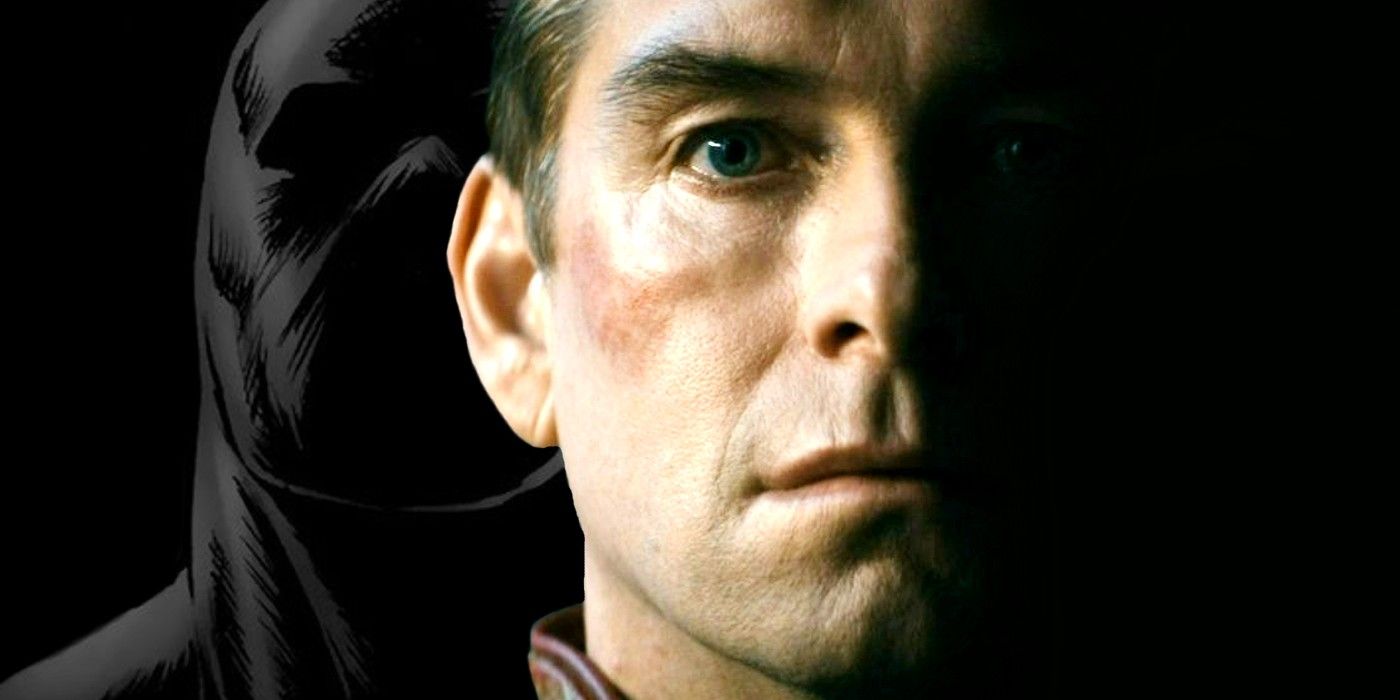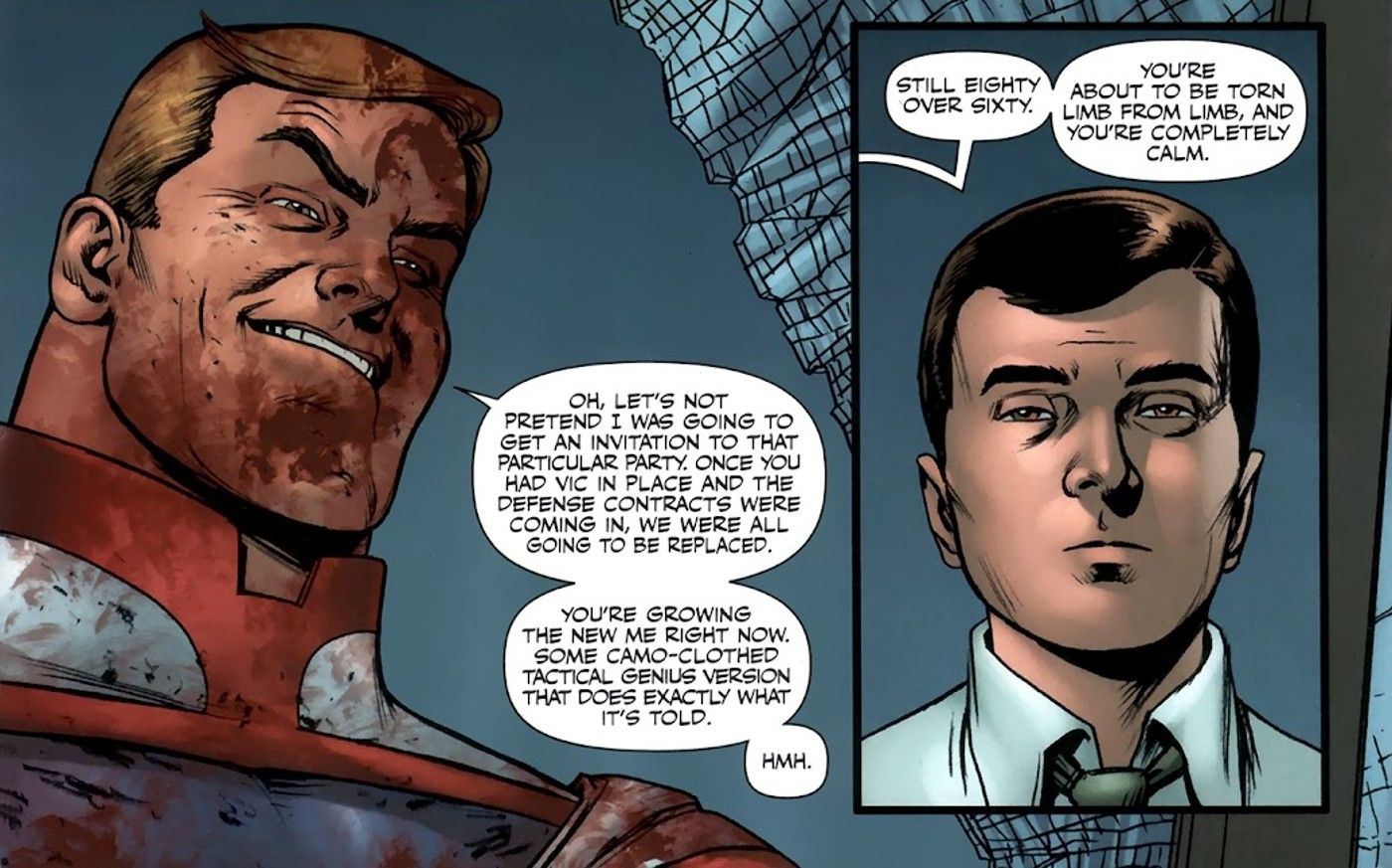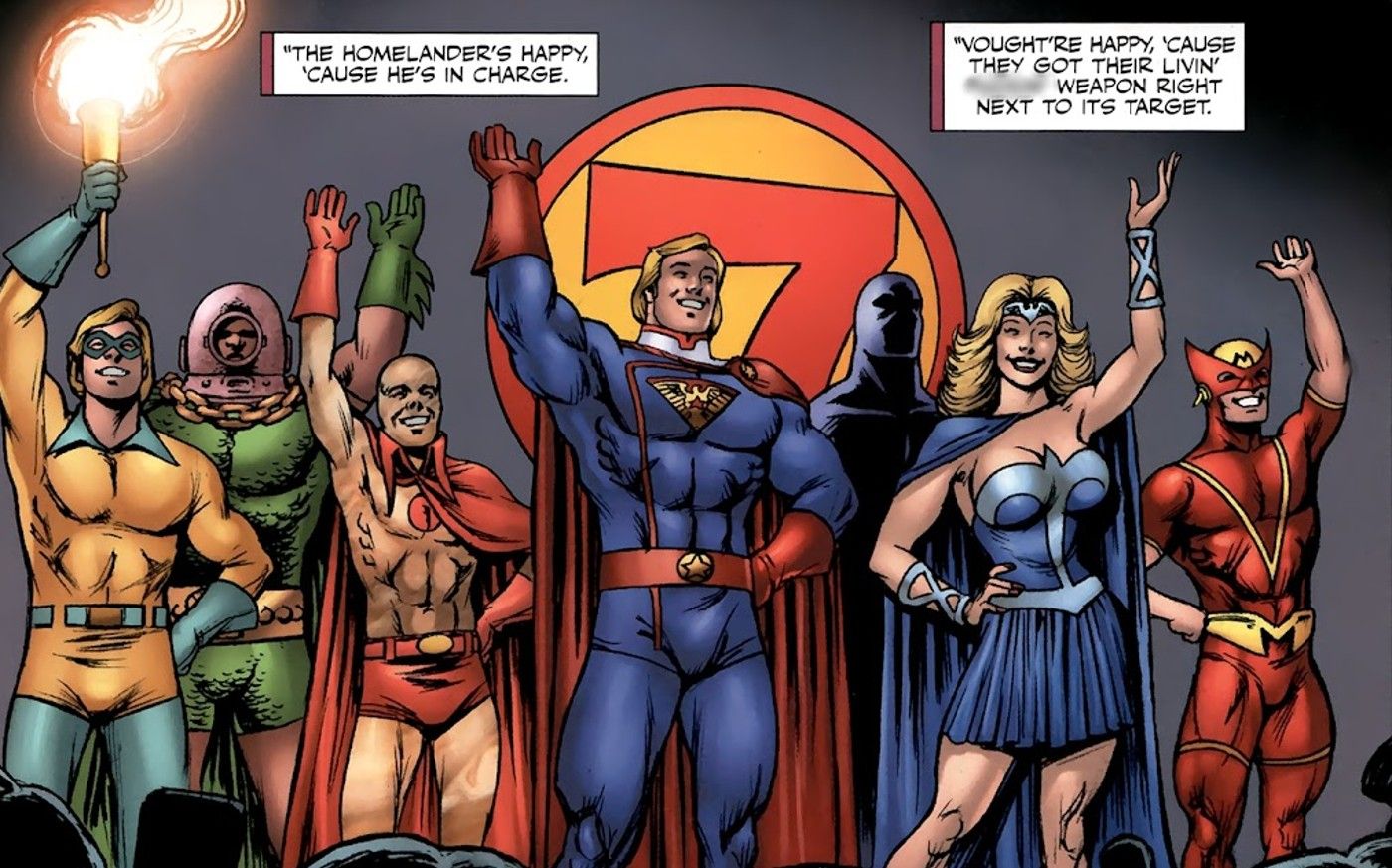The biggest twist in the series so far is undoubtedly Homelander’s death in The Boys, but the Supe should have known better when he predicted the pivotal scene.
Homelander isn’t immortal even if he is a nearly unbreakable superhuman, and in the end of The Boys, he is killed by his supposed ally Black Noir. Homelander, who also finds out that his own seeming murderous blackouts were staged by a fellow Supe, is taken aback by the revelation, but it shouldn’t be as he correctly predicted Black Noir’s beginnings earlier in the series.

The Vought-America firm created Homelander, who was reared in a nuclear weapon-equipped bunker and given Compound V as a fetus until it was decided he could be trusted. But in case Homelander turned against them, Vought needed a way to eliminate him, so they cloned the formidable creature to create Black Noir. Black Noir was then assigned to the superhero team known as the Seven, ensuring that he would always be nearby Homelander and prepared to attack.
Ultimately, after provoking Homelander into instigating a superpowered coup, Black Noir gets his wish, killing Homelander in the Oval Office. However, Homelander has no right to be surprised at his doppelganger’s existence. In The Boys #64 – from Garth Ennis and Russ Braun – Homelander rightly guesses that Vought is committed to recreating him, saying, “You’re growing the new me right now. Some camo-clothed tactical genius version that does exactly what it’s told.” This is exactly what Vought did with Black Noir – Homelander’s only error is not guessing the corporation began this process immediately after he was born.

Black Noir is indeed a camouflaged, tactically gifted version of Homelander – at least that’s how he’s billed, with the story using his status as a parody Batman to hide his true origin and purpose. The real problem is that Black Noir is too committed to the mission Vought assigned him, not just waiting for Homelander to cross the line that will make him a valid target, but taking extreme measures to make sure it happens. One of the main themes of The Boys is how ruthless and viciously competent the capitalist machinery of America is when it comes to maintaining control, and this is perfectly embodied by even Homelander’s pessimistic insight being decades out of line with the world around him. He correctly guesses Vought has a horrifying plan to replace him, but fails to realize it’s in its endgame, not newly underway.

Despite all his power, Homelander is a brute and a bully – an egotist who believes individual power is enough to take control of the system, only to be disposed of by plans set in motion before he could walk. The Boys doesn’t give the petulant Homelander many moments of true insight, but in guessing Vought’s plan to clone and replace him, he was right on the money – but far too late to do anything about the reality of Black Noir’s plans.





